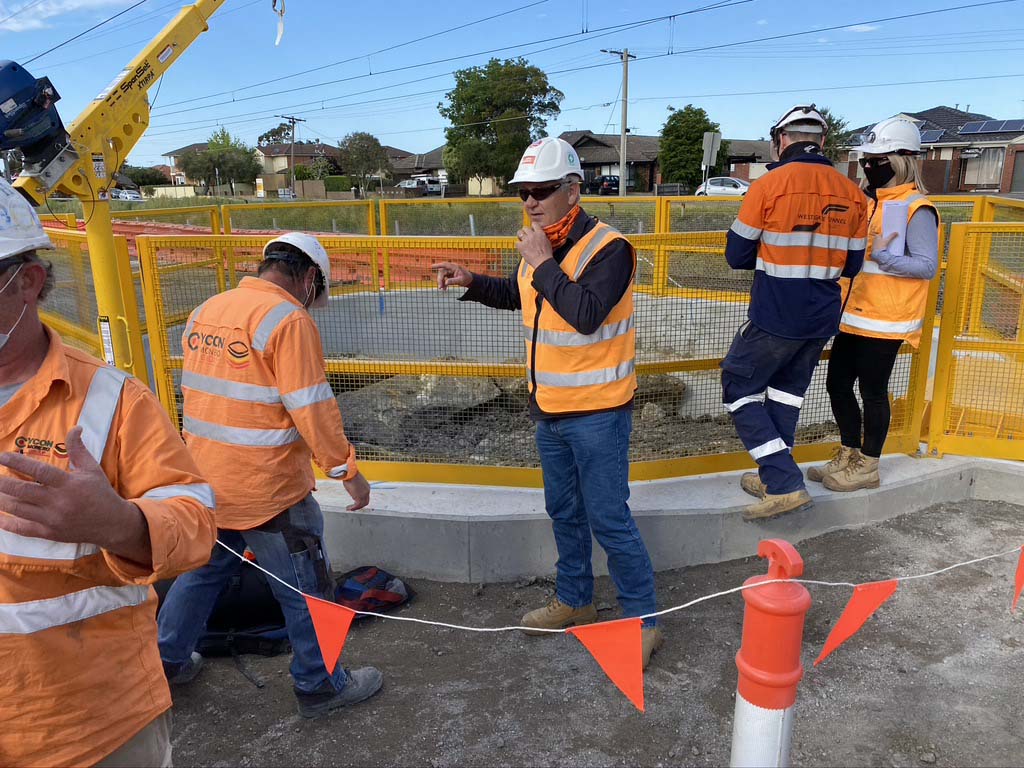Sewer System Design and Planning: Key Considerations for Effective Civil Works
05 October 2023
Discover the key considerations in sewer system design and planning for effective civil works. Attain assistance from Cycon Monero Group. Call 0414 979 169.
In the world of civil engineering, the general design and planning of sewer systems play a vital role in maintaining public health, safeguarding the environment, and supporting sustainable urban development. A well-designed sewer system efficiently collects and transports wastewater away from communities, preventing waterborne diseases and environmental contamination. Civil engineers must address numerous considerations when designing and planning these systems to ensure optimal functionality and long-term viability.
Some considerations when designing and planning sewer systems are as follows.
Population and Flow Rates
Two initial factors to consider in sewer system design and planning are the population to be served and the flow rate estimate of wastewater. Understanding the current and future wastewater demands of a community allows engineers to design sewer lines and treatment facilities that can handle the anticipated loads by its population.
Geographic and Topographic Features
The topography and geographical features of an area can likewise heavily influence sewer system design. Engineers, therefore, must consider the elevation, slope, and location of existing infrastructure to plan the most efficient network of pipes, gravity sewers, and pump stations. Doing this can help ensure the effectiveness of a sewer system.
Hydraulic Analysis and Capacity
Hydraulic analysis is essential to determine the pipe sizes, flow velocities, and capacities required for effective wastewater transport. Through proper sizing, it ensures that the sewer system can handle peak flows and prevent overflows during heavy rainfall events. It can also protect buildings from potential structural damages caused by overflows.
Stormwater and Wastewater
In areas with combined sewer systems, separating stormwater from wastewater can reduce the load on treatment facilities and minimise the risk of overflows. Engineers should heavily consider the appropriate stormwater management techniques to prevent contaminants from entering crucial water bodies and harming them in the long run.
Environmental Considerations
Preserving and protecting the environment is a significant aspect of sewer system planning. Civil engineers must assess the potential impact of sewer system construction on nearby water bodies, wetlands, and sensitive habitats. Implementing sustainable practices like green infrastructure and low-impact development can mitigate potential environmental disturbances.
Treatment and Disposal
Designing appropriate treatment facilities is likewise vital to ensure wastewater is properly treated before discharge or reuse. Engineers must consider factors such as treatment technology, capacity, and compliance with environmental regulations when designing and planning the elements of a sewer system.
Construction and Upkeep Costs
Balancing construction and long-term maintenance costs is crucial in sewer system planning. Optimal design choices can lead to cost savings over the system’s lifetime, which makes it financially sustainable for the community.
Future Growth and Expansion
Anticipating future population growth and urban expansion is vital in designing a sewer system that can accommodate increased demands. Planning for future expansion cuts the need for costly retrofitting in later years.
Effective sewer system design and planning are fundamental in creating sustainable, resilient, and environmentally friendly civil works. By considering these factors, civil engineers can develop sewer systems that efficiently manage wastewater, protect public health, and contribute to the well-being of communities for many years or even decades.
Optimized by: Netwizard SEO
